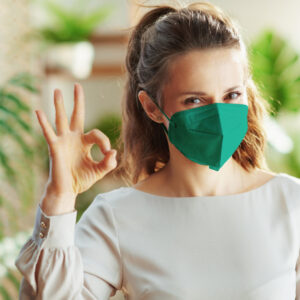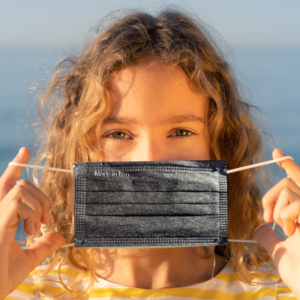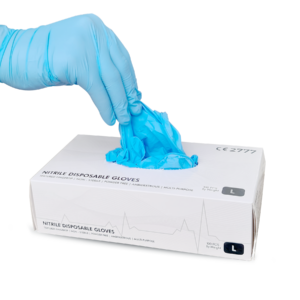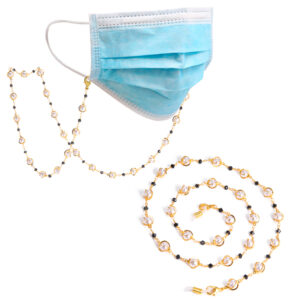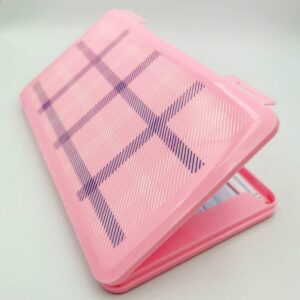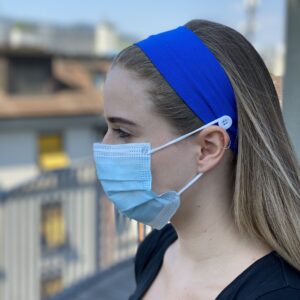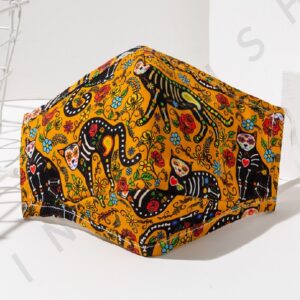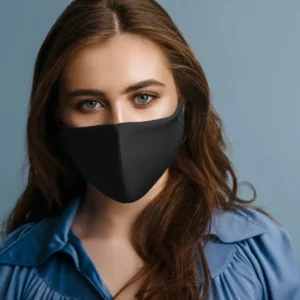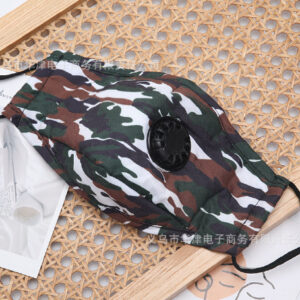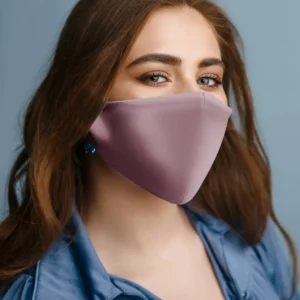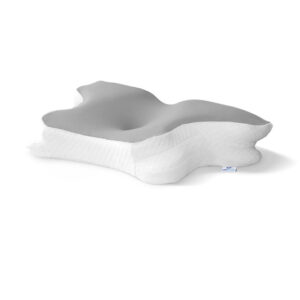Request for masks
Request for masks
Since little is known about how infectious the new virus variants are and whether there are differences in transmission, according to the British Occupational Hygiene Society (BOHS), stricter requirements for respiratory protection should be considered. She recommended FFP3 masks and motorized respirators, which provide better comfort and fit for those who work long shifts. The abbreviation FFP stands for: Filtering Facepiece Particle. An FFP mask is a face mask that filters the air you breathe so germs, viruses, and bacteria cannot get into your airways. FFP masks are divided into three different categories: FFP1, FFP2 and FFP3. The FFP1 masks are the least filtering and the FFP3 masks are the most heavily filtering.
Fpp3 masks
The need to wear the FFP3 (Oral Disposable Nasal Respiratory Protection) mask is determined by the clinical risk assessment. The mask is used to protect against pathogens transmitted through the airways. In order to use these masks, the personnel concerned must complete a “face fitting test” to ensure that they can achieve a proper fit of the mask on the face and that it is operating with the required efficiency. Staff caring for patients with suspected or confirmed Covid-19 may need higher quality protective masks – such as FFP3 masks – to protect themselves from airborne infection with Covid-19, according to the Scientific Emergency Advisory Group. The FFP3 particle filtering face mask has been developed and manufactured to the highest standards to protect you from contagious respiratory diseases and bacteria. These single-use, single-use face masks have a particle filtration rate of 99% and an FFP3 rating, which means they protect against materials in concentrations and block both liquid and solid aerosols.
These ultra-light, particle-filtering masks come with a padded inner lining and a 4-point headband for additional comfort and safety on the go. Each mask has an exhalation valve in the center of the mask. This valve reduces the build-up of moisture and heat while wearing, so that you can continue your everyday life as usual. These masks are for single use only and should be discarded after each use. FFP3 disposable masks comply with the guidelines of the World Health Organization (WHO) and are recommended by them for use in outbreaks of SARS, avian flu and coronavirus. The exhalation valve reduces moisture and heat build-up and makes the 3M ™ disposable dust masks ideal for long periods of time. Uses unique technology to ensure maximum comfort and has an adjustable nose clip that ensures a secure fit. FFP3 face masks behave like any other face mask cover, but have additional protection against coronavirus transmission. FFP3 face masks are used to protect against viruses, bacteria and solid or liquid toxic aerosols. These masks are commonly used as personal protective equipment (PPE) by healthcare workers. FFP3 cloth mask refers to masks that comply with European standards (CE EN1409: 2001). The standards for European protective masks are divided into three levels: FFP1, FFP2, FFP3. FFP2 cloth dust face mask from COVID-19, It differs from the American standard in that it uses a detection flow of 95 L / min and uses DOP oil to dust.
Fpp3 cloth masks
The fpp3 fabric mask complies with international standards such as N99, EN149 and P3 and effectively protects the user against aerosols made up of droplets, protein molecules, viruses, bacteria, fungi and spores. In contrast to simple surgical masks, these high-quality filter masks can also protect the user against highly infectious pathogens such as measles or tuberculosis. The FFP3 fabric mask [1] is one of the models of the self-filtering disposable protective mask; it is used to filter 98% of the particles in the air in accordance with the European standards EN 143 (filter against particles) and EN 149 (self-filtering masks against particles). It is used in industrial applications and as a respirator / surgical mask in the sanitary and hospital sectors. FFP3 fabric masks protect against harmful and toxic dusts as well as against smoke and aerosols. They can also protect against substances or pathogens such as viruses, oncogenic and radioactive fungal spores and bacteria. Firefighters, for example, should be equipped with their firefighter gloves, helmets and fire retardant suits, anti-smoke masks that provide this type of protection. The FFP3 LMP mask itself has a washable silicone cover and is therefore reusable. However, it also carries a filter that must be replaced after each use. Even so, this is still a savings compared to buying a full mask. In addition, it offers greater protection compared to a simple sheet mask, whether homemade or bought
Effectiveness of fpp3 tissue masks
It is also effective against 0.3 μm particles (the particle size that FFP2 and 3 filters can detect is stated differently, but since we are talking about literally microscopic differences, the information that both types of filters should be effective in protecting against coronaviruses are sufficient). At the moment, the recommendations for wearing protective masks or respirators vary widely, depending on the respective experts as well as on the recommendations of the national governments. Some say that protective masks should be worn by everyone, mainly because the disease can be asymptomatic. Others claim that only the sick should wear the veil. For now, of course, you have to form your own opinion, but as we said above, wearing a veil is certainly not going to make you sick, and if everyone wears it, there is no denying that it is doing its job, at least until to a certain degree. Effectiveness for the masks Ffp2 and Ffp3, which are intended for medical personnel. “The outer layer protects against coarse dirt, the middle layer filters, while the inner layer forms the mask and protects the filter from breath moisture.” There are also Ffp2 and Ffp3 masks that have a valve to make it easier to exhale: they are designed for people who work on construction sites, but could be dangerous if worn by infected people as they do not exhale air filter “, emphasizes the expert. The filtering half masks (FFP2 and FFP3) are used in the hospital and care sector to protect the user against external influences (also against the transmission of infections through droplets and aerosols) and are in accordance with the provisions of Legislative Decree No. 475/1992 and certified on the basis of the harmonized technical standards UNI EN 149: 2009. The technical standard UNI EN 149: 2009 specifies the minimum requirements for dust-filtering half masks used as respiratory protective devices (called FPP2 and FPP3) in order to achieve the properties of the To ensure efficiency, breathability, stability of the structure through technical tests and inspections.
#Fpp3 #Masken #FFP2 #Stoffmasken



